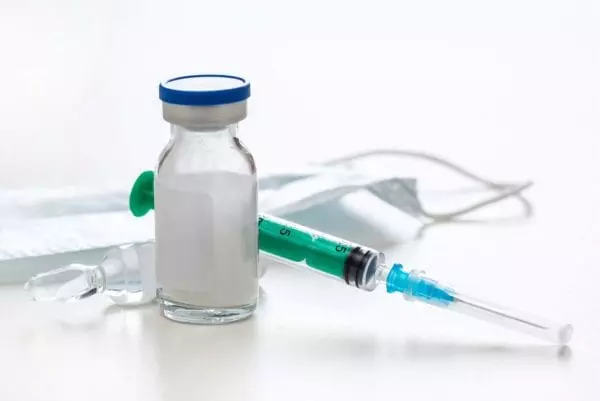
Many researchers agree multimodal therapy is often the most successful treatment approach for mesothelioma patients. However, the efficacy of combining mesothelioma treatments varies on a case-by-case basis.
Clinical trials often focus on improving treatment effectiveness and survival for mesothelioma patients. One such trial is set to test two immunotherapy drugs as a pre-surgery option for pleural mesothelioma patients. This is the first time immunotherapy before surgery will be tested for mesothelioma.
Using Immunotherapy Drugs Before Surgery
Immunotherapy for mesothelioma treatment is an emerging treatment option. The therapy helps the immune system kill cancer cells.
Many mesothelioma researchers have studied immunotherapy. However, specialists have never tested immunotherapy drugs as a pretreatment for this specific cancer.
This proposed clinical trial will test two different immunotherapy treatment regimens.
Researchers will test both regimens on patients with malignant pleural mesothelioma. These patients have not undergone any previous treatment for the cancer. Following pretreatment, patients will have surgery.
After completion of the clinical trial protocol (immunotherapy and surgery), patients may undergo any treatments deemed suitable for their specific case.
Important Clinical Trial Statistics
Clinical trials have varying eligibility criteria. As such, every trial may not be a good fit for all mesothelioma patients. This particular clinical trial is open to a large portion of pleural mesothelioma patients.
The clinical trial is:
- accepting 30 patients.
- anticipated to run through 2026.
- operating out of Sidney Kimmel Comprehensive Cancer Center at Johns Hopkins.
What Are These Drugs?
Nivolumab and ipilimumab are two immunotherapy drugs. These immunotherapy drugs cover or hide specific proteins. By hiding specific proteins, these drugs illicit a desired response from the patient’s immune system.
Have These Immunotherapy Drugs Been Used in Mesothelioma Before?
These two immunotherapy drugs (nivolumab and ipilimumab) have been used for mesothelioma treatment. However, the drugs have not been used neoadjuvantly before this clinical trial.
Two earlier studies investigated the drugs in patients. Prior to treatment, these patients were treated with at least one round of chemotherapy. The chemotherapy used in both studies was pemetrexed/platinum combination therapy.
Median survival for patients in the studies were as follows.
| Nivolumab | Nivolumab + Ipilimumab | |
|---|---|---|
| MAPS-2 Study | 11.9 months | 15.9 months |
| INITIATE Study | Not Tested | >12.7 months |
The results from these studies may act as a guide for patients of possible results. However, patients should discuss expectations for their specific case with their medical team.
Are There Potential Risks From the Clinical Trial?
There have not been any results reported about this trial. However, side effects may be similar to those reported in other trials using the same immunotherapy drugs.
Less frequently, a couple of patients in the previous studies had pleural effusion following treatment. Effusion occurs when there is a buildup of lung fluid. Depending on the severity of the fluid buildup, patients may need procedures for symptom relief.
While rare, all clinical trials have risks. For example, three patients died in the combination therapy group of one previous study. The MAPS-2 researchers attributed the deaths to mismanagement of treatment complications. All three patient deaths were in the first months of the study.
The other similar study did not have any patient fatalities.
Who Is Eligible for the Trial?
Eligibility requirements for this clinical trial are not strict to allow more patients to take part in the opportunity. The researchers offer flexibility in:
- Who is eligible for enrollment in the trial
- Treatments available to patients once the trial has ended
Once enrolled and completed, trial participants are not limited on future treatments. Patients may seek any further treatment that best suits their personal situations.
The goal of immunotherapy before surgery is to increase patient survival. However, adding other treatments after the clinical trial may further improve patient outcomes.




